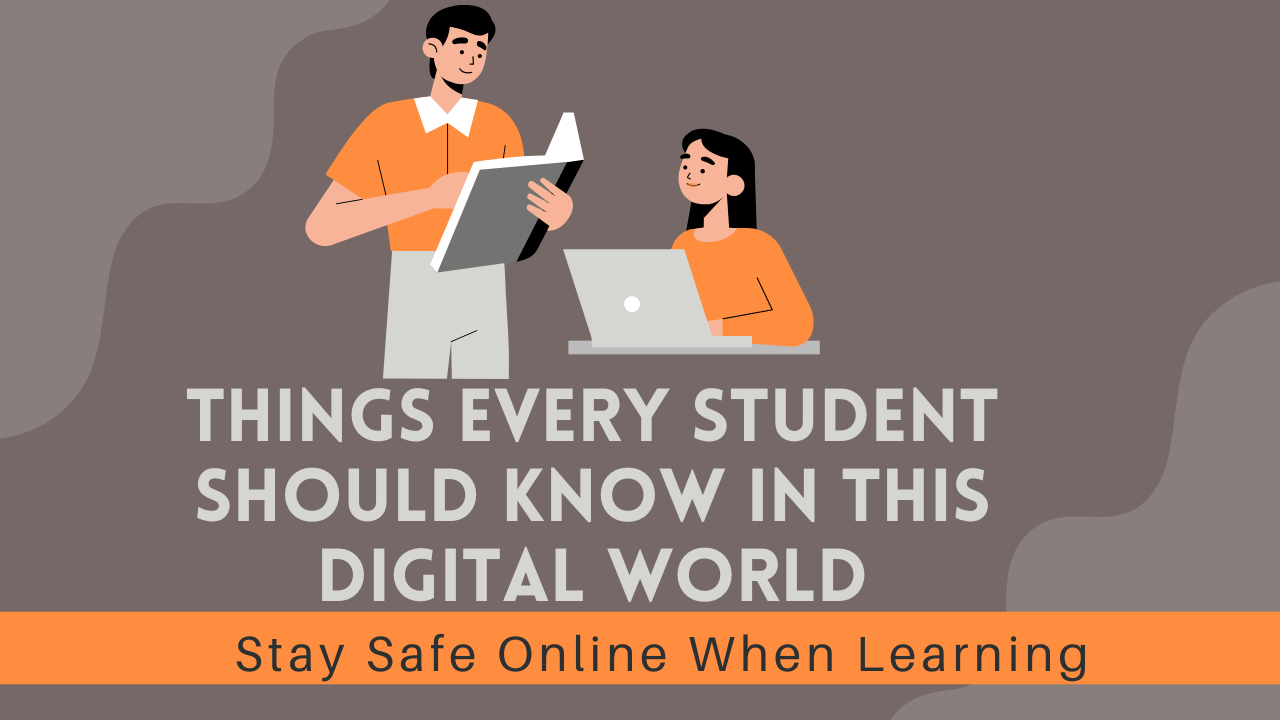Business Soft Skills Every Leader Needs
Distance Learning
Things Every Student Should Know In this Digital World
In this digital world, it is difficult to keep up with advanced technologies and trends as they seem to evolve
Career
The Role of Academic Advisors for Future Career Development
Academic advisors play a vital role in helping students plan for their Career Development. Advisors help students select courses that




